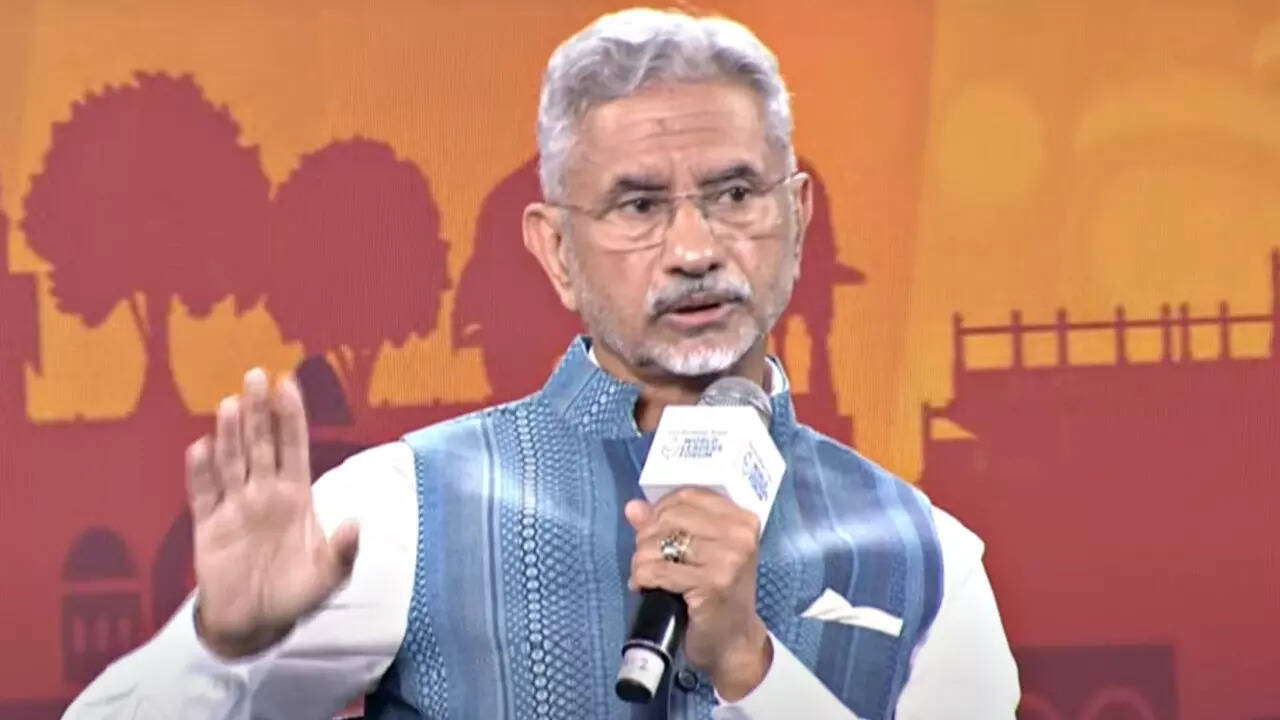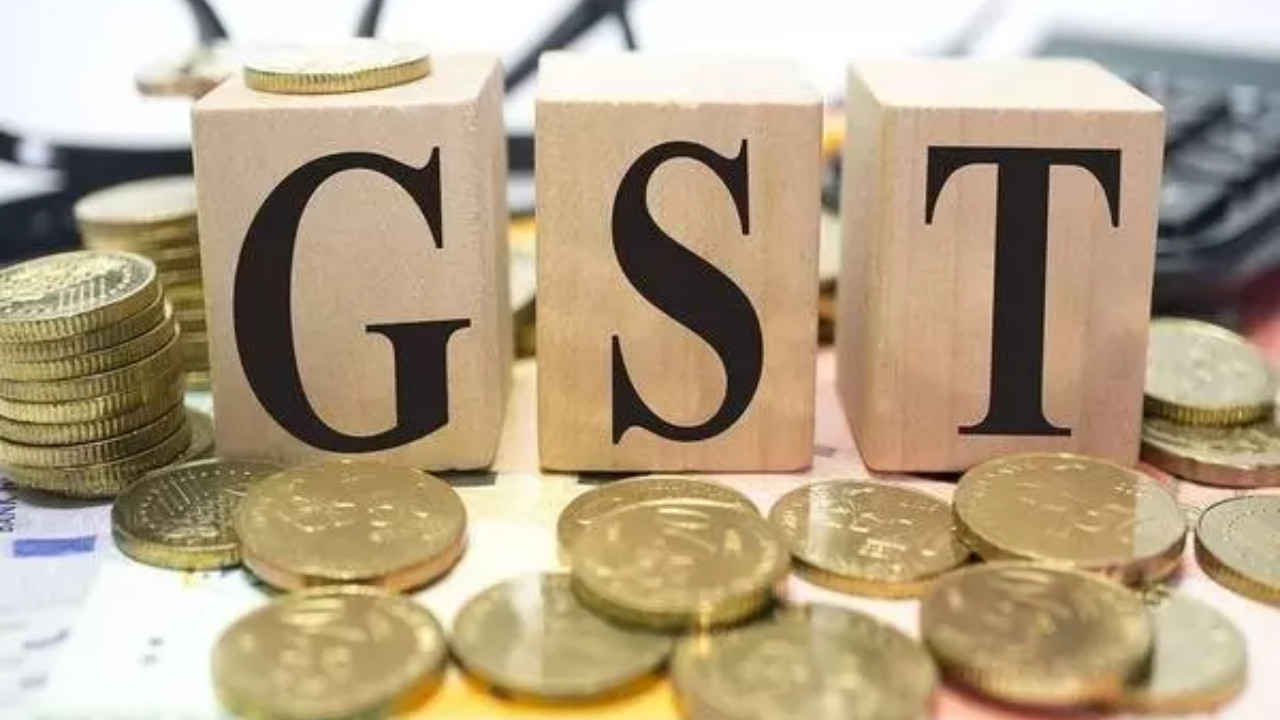External affairs minister S Jaishankar staunchly defended India’s energy ties with Russia, emphasising their role in stabilising global oil prices and serving national interests. He asserted India’s right to autonomous decision-making, addressing criticism over Russian crude purchases by stating that Europe and America also engage in such transactions.
Navigating the Tightrope: India’s Stance on Trade, Sanctions, and Strategic Autonomy
The global chessboard is never static, and right now, the pieces are shifting with particular speed. India, a nation juggling immense economic ambitions with a commitment to strategic independence, finds itself in a pivotal position. Recent remarks by External Affairs Minister S. Jaishankar have offered a fascinating glimpse into the country’s thinking on key international issues, particularly trade relations with the United States and the thorny subject of sanctions on Russian oil. It’s a tightrope walk, balancing partnerships with unwavering national interests.
Decoding the “Red Lines” in India-US Trade
For years, the promise of a comprehensive India-US trade deal has dangled tantalizingly close, yet always just out of reach. Jaishankar’s recent statements highlighted some very firm “red lines” for India in these negotiations. While specifics weren’t explicitly laid out, the message was clear: India isn’t willing to compromise on core principles to secure a deal.
What might these non-negotiable points be? We can reasonably infer that they involve protecting key domestic industries, safeguarding agricultural interests, and ensuring fair access to the US market for Indian products and services. India has a rapidly growing economy with hundreds of millions of people still dependent on agriculture for their livelihood. Any trade agreement that jeopardizes these sectors is unlikely to gain traction in Delhi.

Another potential sticking point revolves around intellectual property rights. India’s generic drug industry plays a vital role in providing affordable medications, not just domestically, but globally. Stricter intellectual property regimes demanded by the US could significantly impact this sector, a price India might be unwilling to pay.
The pursuit of a mutually beneficial agreement remains, but the path forward will require understanding and respect for each other’s red lines. India is making it clear that it’s not seeking a deal at any cost.
India’s Defiant Stance on Russian Oil: A Matter of National Interest
The issue of sanctions against Russia, particularly concerning oil imports, has been a significant point of contention. India’s continued purchase of Russian oil, despite pressure from Western nations, has drawn criticism. Jaishankar’s response was characteristically blunt: “If you don’t like it, don’t buy it.”
This seemingly simple statement encapsulates a complex calculation. India’s energy needs are enormous and growing rapidly. With a population of over 1.4 billion and a burgeoning economy, access to affordable energy is critical for sustaining growth and improving living standards. Russian oil, offered at discounted rates, has become a vital source of energy security for India.
Furthermore, India has consistently maintained that its foreign policy decisions are guided by its own national interests. While acknowledging the concerns of its partners, India argues that it cannot afford to sacrifice its economic well-being to appease external pressures. This stance reflects a broader commitment to strategic autonomy, a desire to chart its own course in a multipolar world.
The debate surrounding India’s India-US trade relations and energy policies often neglects the fundamental realities facing a developing nation striving to lift millions out of poverty. Energy security and access to affordable resources are prerequisites for economic development. Imposing external restrictions that undermine these priorities is unlikely to be well-received.
This isn’t about supporting one nation over another; it’s about pragmatism and navigating a complex global landscape where alliances are fluid and national interests often diverge. India is playing the long game, and it’s doing so on its own terms. This is just part of a broader story of India-US trade relations that have evolved significantly over the last decades. [Learn more about India’s growing economic power here.](internal-link-to-related-content)
Navigating a Multipolar World
Jaishankar’s statements underscore India’s determination to pursue an independent foreign policy, one that prioritizes its own economic and strategic interests. This approach is not necessarily isolationist; rather, it reflects a pragmatic assessment of the current geopolitical landscape. India seeks to maintain good relations with all major powers, while refusing to be dictated to by any single nation or bloc.
This balancing act requires skillful diplomacy and a clear understanding of India’s strengths and limitations. As a rising global power, India recognizes its responsibility to contribute to international stability and security. However, it also insists on doing so on its own terms, guided by its own values and principles.
In conclusion, Jaishankar’s remarks provide a valuable insight into India’s foreign policy thinking. The nation is committed to engaging with the world, seeking mutually beneficial trade agreements, and contributing to global stability. However, it is also determined to protect its national interests and maintain its strategic autonomy. This delicate balancing act will be crucial as India navigates the complexities of a multipolar world.







